CrossFit has many common threads. Besides the gymnastics, Olympic weight lifting, talk of Fran times, one of the most common issues discussed in boxes from New York to Paris, Rome, Sydney and Johannesburg is the issue of diet.In recent years, one of the most common diets that has become popularized in CrossFit gyms around the globe is that of the Paleo diet.
From the time I walked into my first box there were already countless devotees that swore by its health benefits. Faster Fran times, quicker recovery, reduction in body fat levels and an overall improvement in athletic performance were just some of the benefits that its converts professed to have experienced. It seemed like the perfect prescription and when I began to ask questions, the name that everyone kept referring me to was that of Robb Wolf.
Wolf was a former research biochemist and review editor of the Journal of Nutrition and Metabolism. He co-founded the very popular nutrition and athletic training journal, The Performance Menu and is co-owner of NorCal Strength and Conditioning. A student of the renowned Professor Loren Cordain, Wolf is well known within the CrossFit community as an extremely well versed and rational source of dietary knowledge, appearing in countless CrosssFit Journal pieces over the years.
I recently had the pleasure to speak with Wolf on a range of issues: how he became involved with CrossFit, his own dietary struggles, to some of the most common questions I hear asked when the issue of the diet is discussed. Overall it was one of the most interesting and insightful conversations I have had to date on the subject of nutrition.
The transcript of part one of conversation is listed below.
So Robb I already know a little bit about your past but for those that don’t can you tell me a little bit about your yourself, how you got into nutrition and how you got into Fitness, namely CrossFit?
It’s a quasi-long story; I have always been interested in health, wellness and fitness. I was a California State power-lifting champion, competed in the 82kg class, and had a 565lbs squat, 565lbs deadlift and 345lbs bench. So pretty good power lifting background and I competed in kickboxing.I also ended up doing an undergraduate degree in biochemistry, mainly organic/synthetic chemistry but definitely an orientation under the biochemistry side of things and then started looking at medical school. In all of that time I went from eating a high protein/high carb diet, body builder/power lifter type diet, to eating a higher carb, lower protein vegetarian and then eventually vegan type diet and did that because of the perceived health benefits and also just for a bit of experimentation.It was a fascinating process because even though I kept my chloric content the same (around 4000 calories a day), to support weight training and kickboxing, I went from 185 pounds (82 kilos) down to a low of about 140 pounds, so like 62 kilos.
Can I ask how old were you when you had this diet change?
This was when I was 25 to 28, so not very old. It was about a two and a half to three year process.
It was weird and despite being pretty sold on the whole Paleo stick, I really encourage people to have some objective benchmarks about what they do and not to just believe something because I seem compelling or whatever.
Throughout my process I had really, intellectually given up all of my self-checks that should come into play because I was eating a similar amount of calories and saw my performance, my body composition and my health just absolutely go out the window.
I developed ulcerative colitis [an inflammatory bowel disease], which is likely the reason why I was losing weight despite eating this chloric content. I was simply just not absorbing nutrients and I was facing a bowel resection surgery.
Then eventually I came across this idea that maybe the grains, the legumes (and even though I wasn’t eating a lot of dairy at the time) I thought maybe these Neolithic foods could be the problem.
I thought what would you eat before eating lots of grains and legumes? So this idea of evolutionary biology and the Paleo diet popped into my head and that’s how I first got into the nutrition side.
I then went and did a research fellowship with Loren Cordain and did a bunch of stuff related to epithelial growth factors and some other geeky things there and continued doing some auto-immunity and cancer research with this Paleo diet slant.
Around that time the thing that was hot (I think around 1999 through to 2001) were kettlebells, Pavel’s and Pavel material, so I was pretty heavy duty into that.
I was living in Seattle at the time and I was cruising around on the Internet looking for some links to Art DeVany, because even as far back as 1995 he was threatening to write a book. So every once in awhile some new material would pop up and I would just do a Google search for Art DeVany and this wacky website called Crossfit.com had linked to his material. I liked all of their material but it had these weird high rep, Olympic lifting workouts and I thought all of these workouts look absolutely ridiculous but the links they had were pretty cool. So I found that in late 2001: I think literally right after CrossFit had gone online or within months of them going online.
At that stage Dave Werner and I had converted his garage into a gym and we were already Olympic weight lifting. Actually on our own accord we had put up some rings, I think we found a muscle-up from another site because we were tinkering with some gymnastics and we were doing, some power-lifting, a little bit of kickboxing and stuff like that. So we were doing kind of strength and power oriented mix-modal program.
I had then told one of our friends Nick about this CrossFit.com site and I said to him that the workouts are goofy but that he would like the links. We didn’t see Nick for about a month and the next time we saw him his neck was bigger, he was lean and looking jacked. I said to him, “dude what have you been doing?” He said that he had been doing that CrossFit stuff, so Dave and I went back and looked at it we said well ok we’ll give this thing a shot.
Even my exposure to CrossFit early on, like an Angie workout with 100 pull-ups, 100 push-ups type gig, I always tended to modify that stuff and I would do like ladders of weighted pull-ups and dips. I always had a strength and power bias on the stuff that I was doing. But I started to do some CrossFit and at 28 I had just gotten my first standing backflip and it seemed like when I started doing CrossFit it made that stuff easier. I had a straight-arm, straight-leg press to handstand, just off the deck and some other stuff like that. I had some good performance benchmarks. Back then I had like 315 lbs clean and jerk at about 175 lbs. I ended up getting down to around 2:58 Fran time.
Early in the scene I was one of the better CrossFitters but on the shorter end of stuff. When you start getting into the 800m run and all that, the wheels just fell off the wagon for me. So that’s how I really first came to be involved with all that stuff.
Then Dave and I pretty quickly realised that we wanted to start coaching people. We had moved out of his garage into a mini-storage and then it was obvious the mini-storage wasn’t going to work because we were getting more and more people and so we contacted the Glassman’s and asked for permission to call it a CrossFit facility and they said, “Yes, please do” and so that’s where the very very first CrossFit affiliate was born, CrossFit North in Seattle.
So you were CrossFit affiliate 001 then?
Yes, it was The first affiliate.
Wow I didn’t know that.
Yeah, a lot of folks don’t. We co-founded that first affiliate: Dave Werner, Nick Nibler and myself and then not too long after we got that up and going I had an opportunity to move back to northern California where I started a mixed martial arts program and a CrossFit program. I was running the CrossFit part and then John Frankel who has a PhD from Harvard and has a black belt in Jujitsu and a great Thai boxing background, he was running the MMA side. That was CrossFit Norcal, which was the fourth affiliate ever.
Even boot camps at the time were kinda new so there really wasn’t a box for where people could file this thing [CrossFit], intellectually. You know like saying so what is this place? Is it personal training? Is it yoga? And is it this or is it that? So it took a while to learn but less education was better in the beginning because it made for a very effective workout program. You would listen to people and they would say I want to get skinny or I want to get big and strong and we could do that. Where as earlier on it was broad times, modal domains and I would scare people off, which was kinda funny.
Now people actively travel to places to train at a CrossFit gym or a similar type of gym. Where as ten years ago there was absolutely no awareness of that as an entity.
Moving to the diet side of things now. Can you give me your take on what is Paleo?
Oh wow. Paleo is just an approach to eating that minimises inflammation that casts one eye toward our genetic heritage as hunter-gatherers but keeps the other eye on modern biomedical developments so that we can weld together the best offerings that we have out of the past and the present, to live the most optimized life that we can. So it’s definitely not a religion, it’s not a one size fits all gig but it’s just providing a framework so that we can ask and answer questions in a more effective way than just looking at random studies and trying to pull some sort of information together from that.
Is there someone that coined the term or would you say there is a founder of Paleo?
Paleo is steeped in the anthropological records so it’s looking at the Palaeolithic era, which was the lower-Palaeolithic and then the higher-Palaeolithic. It’s basically Australopithecus forward to Homo sapiens, which is bracketing most of the development of our more human like ancestors. Everything prior to that it would be a stretch to call them very human like and ever since Australopithecus you had stone tool use and potentially some type of language communication and moving forward into Homoerectis and Neanderthal.
If you go into an anthropology or archaeology department you are going to have people who are specialists in Paleoethnobotany or something like that.
But you wouldn’t say that there is one modern founder of the Paleo diet like yourself or Loren Cordain?
Well, Boyd Eaton wrote the first piece in the New England journal of medicine. He wrote the Paleo prescription back in 1985/86. But again, it’s not anyone’s diet it’s our heritage as humans.
Is there anyone you think that shouldn’t do Paleo?
Anyone that doesn’t want to look, feel and perform better I guess should probably avoid it. If they don’t want their biomarkers of health and disease to improve then they should probably eat a standard diet.
I often speak to Nutritionists and Dieticians who ask me for the scientific evidence proving that a person doing the Paleo diet is healthier than a person not doing the diet. Is there a study or somewhere I could point them to that says someone on Paleo is actually healthier than a traditional follower of the standard food pyramid?
Stefan Lindeberg did a great study with type 2 diabetic heart patients. One group was put on a Paleo diet and the other group was put on a Mediterranean diet. The Mediterranean diet being low-fat proteins, low-fat dairy, grains, legumes and that sort of thing. Then a Paleo diet was lean meats, fruits, vegetables, nuts, seeds and no grains, no legumes and no dairy.
Now both of them are type two diabetic heart patients and the limitation is that the participants were counselled on how to eat this way and were then provided with food logs. But you don’t know exactly what they ate.
But the Paleo diet group after 8 weeks were no longer type 2 diabetic. They lost enormous amounts of weight, their blood lipids improved shockingly. The Mediterranean diet group had a barely statistical significant improvement in oral glucose tolerance. They didn’t really lose much weight and there really wasn’t much change between beginning and end point with them. So this to me is a very compelling piece. But the problem with it is that it’s not a metabolic work, like you don’t really know what exactly these people went out and ate.
The people who kind of get this stuff realise, that this study is a big deal and the people who don’t really want to believe or give any credibility to this stuff focus on the limitation and say well we don’t really know what those people ate.
We’re actually like six months away from the beginning of a metabolic ward trial that’s going to look at the same parameters of putting people on a Paleo diet, putting people on a vegan diet, putting people on an American heart association diet and then track them for six weeks and then cross them over by putting them on a different diet and track them for six weeks again. This is all going to be metabolic ward controlled. So basically, every scrap of food they put down their pie hole will be tracked, every bit of poop and urine will be analysed and this will be pretty gold standard type stuff.
So are you doing that in six months time?
If it all comes together. We’ re still trying to rally funding and do all that type of stuff. But it’s funny to me when people say well where is the science because there are four or five human trials with Paleo. So there are four or five human interventions with Paleo and the thing that just kind of annoys me is why can’t these people find these studies on their own?
There’s lots of epidemiology, lots of isolated things for example if you pull gluten out of somebody’s diet we see some improvements, if you pull legumes out of folks diet we see some improvement. So there is some more isolated things and it is intriguing in 2009 the Paleo diet as a search term passed vegan diet as a search term. So there is something really big going on there and just because something is popular doesn’t mean it’s right you know, looking at the Jersey Shore, is a pretty good example of that [laughs]. Yet to me it should at least perk your ears up and understand that ok, there might be something to this, let’s still be suspicious and sceptical but let’s at least give this thing a sniff instead of thinking there’s just no basis to this stuff.
One of the criticisms I often hear is that anyone doing Paleo doesn’t get enough calcium especially women. Is there anything you could say to counter that?
Yes, I would ask them to prove it. I’ve gone the opposite direction where I would get in and start trying to placate and I’d look at acid base balance. I would explain all those very complex biochemistry concepts but instead of that now I am saying you prove that the level of calcium intake is going to be inadequate and that we are going to end up with bone mineral deficiencies. I actually throw it back in their lap now to prove that [a diet] in lean meats, fruits, vegetables, nuts and seeds are not alkalinising acid base balance, which is going to result in bone mineral density decrease.
If I was going to pull out a scientific paper there was a great one where they put post-menopausal women on either a lowish animal protein or a high animal protein diet looking at bone mineral parameters. The high animal protein diet, which most people whether they’re vegetarian or mainstream nutrition would say that that is going to be problematic for bone mineral density because of the acid load of the protein.
In fact, what we found was a reversal of osteoporosis and osteopenia in these post-menopausal women eating higher protein intake. What we found is that higher protein intake ends up improving calcium absorption in the gut. So it’s not simply how much we put down the pie hole but actually how much we accrete.
One of the most profound vectors in bone mineral loss is actually type 2 diabetes and insulin resistance because we start getting blood sugar swings and we get a release of cortisol. Cortisol is very catabolic both with regards to muscle and bone mineral and if you want to institute a metabolic process that will absolutely ravage your skeleton it’s being type 2 diabetic and insulin resistant. So it’s kind of a long convoluted deal there but if you get out in the sun, get some vitamin D, lift some weights and eat a Paleo diet your bone mineral density is going to be great.
We don’t have a huge data set yet but we are getting more and more kids that have been raised from conception forward eating Paleo and these kids are always 98th-99th percentile on height so they’re obviously getting plenty of calcium but they tend to be like 45th or 50th percentile on weight. So these kids are tall and skinny and it’s like how much more could you want. Short, fat and sick kids seem to be the route that the standard stuff is producing.






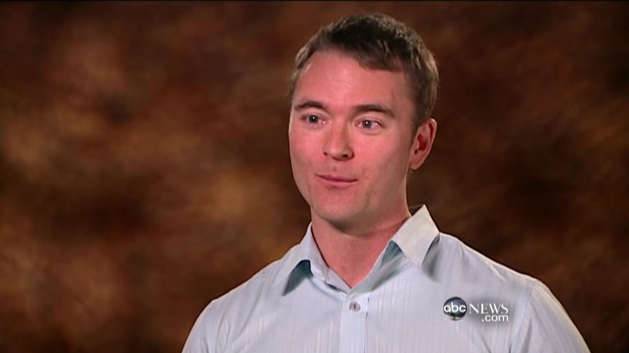
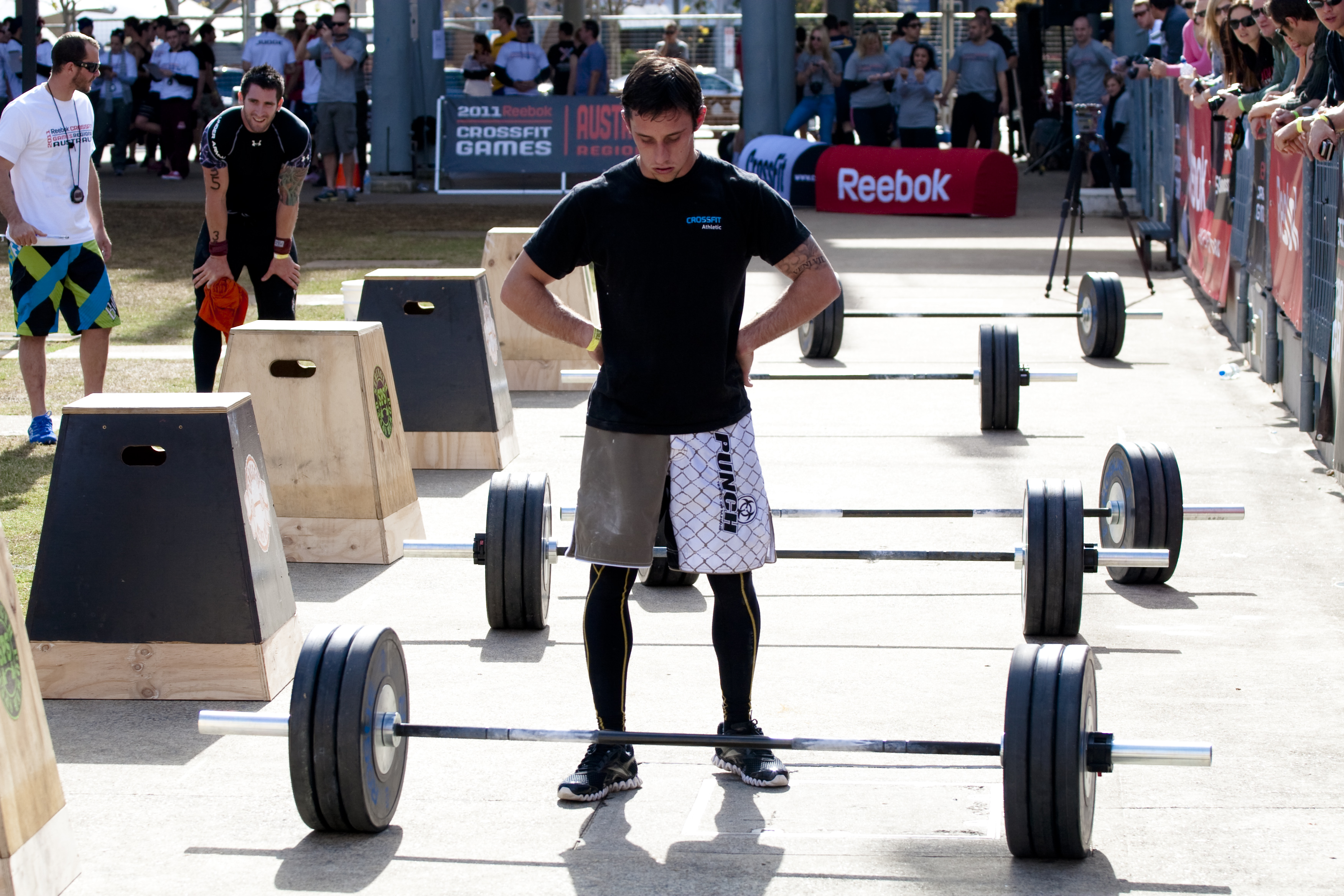
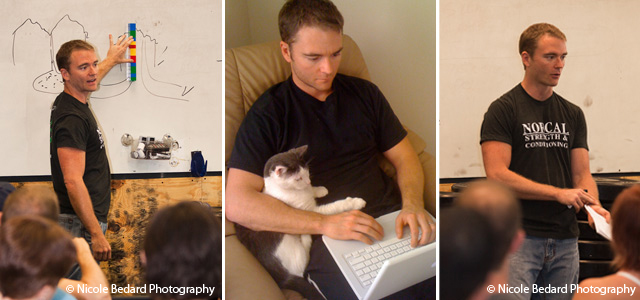
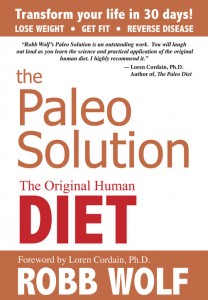
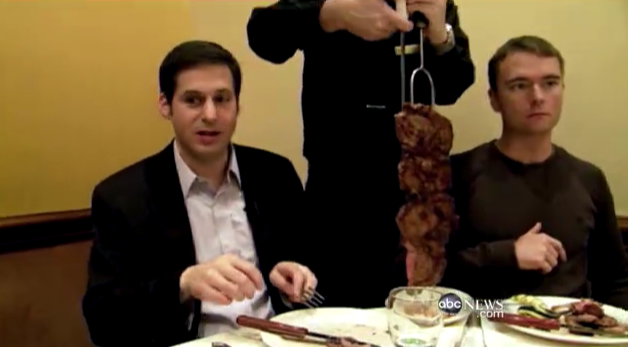


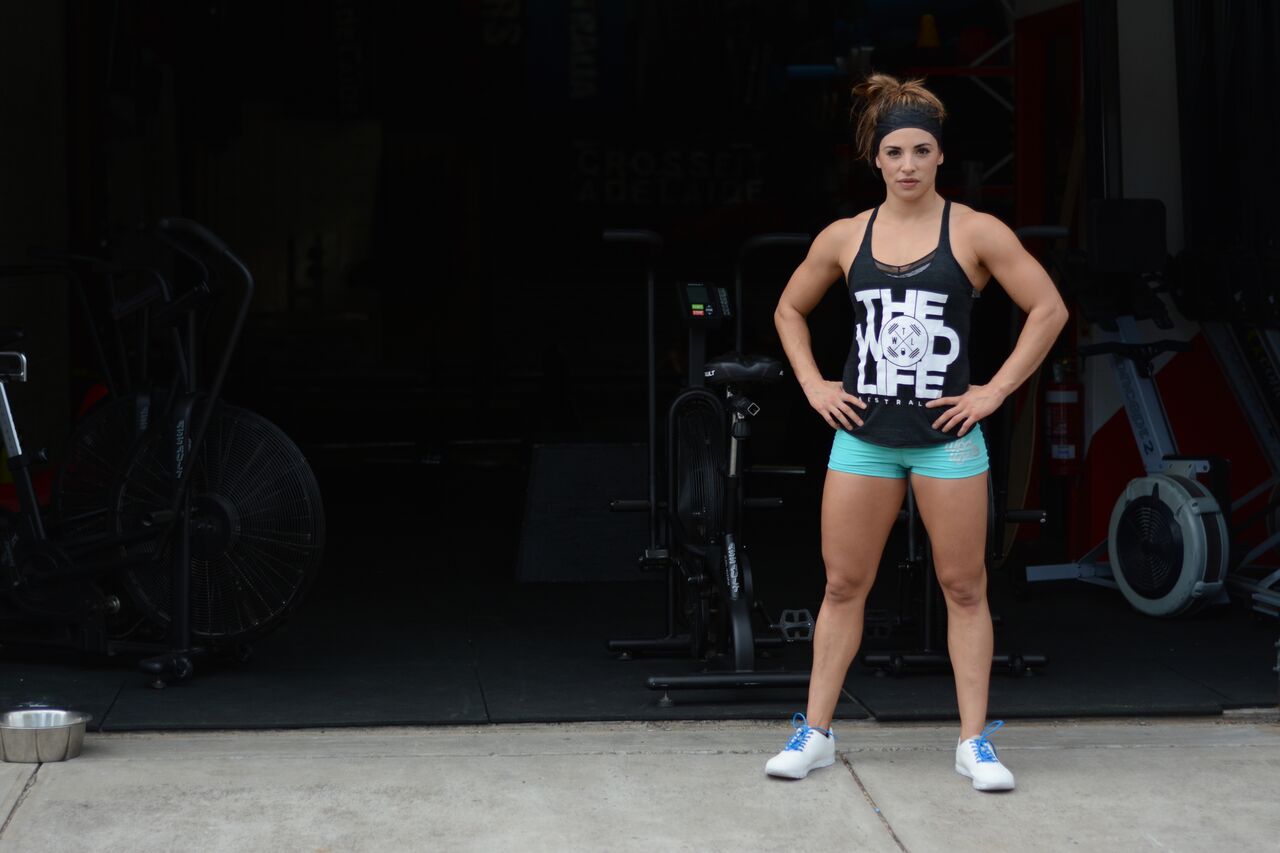
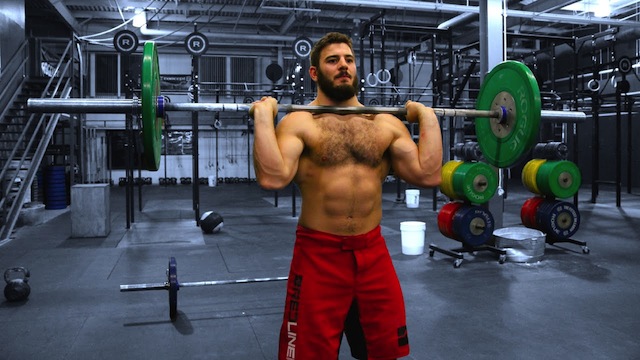
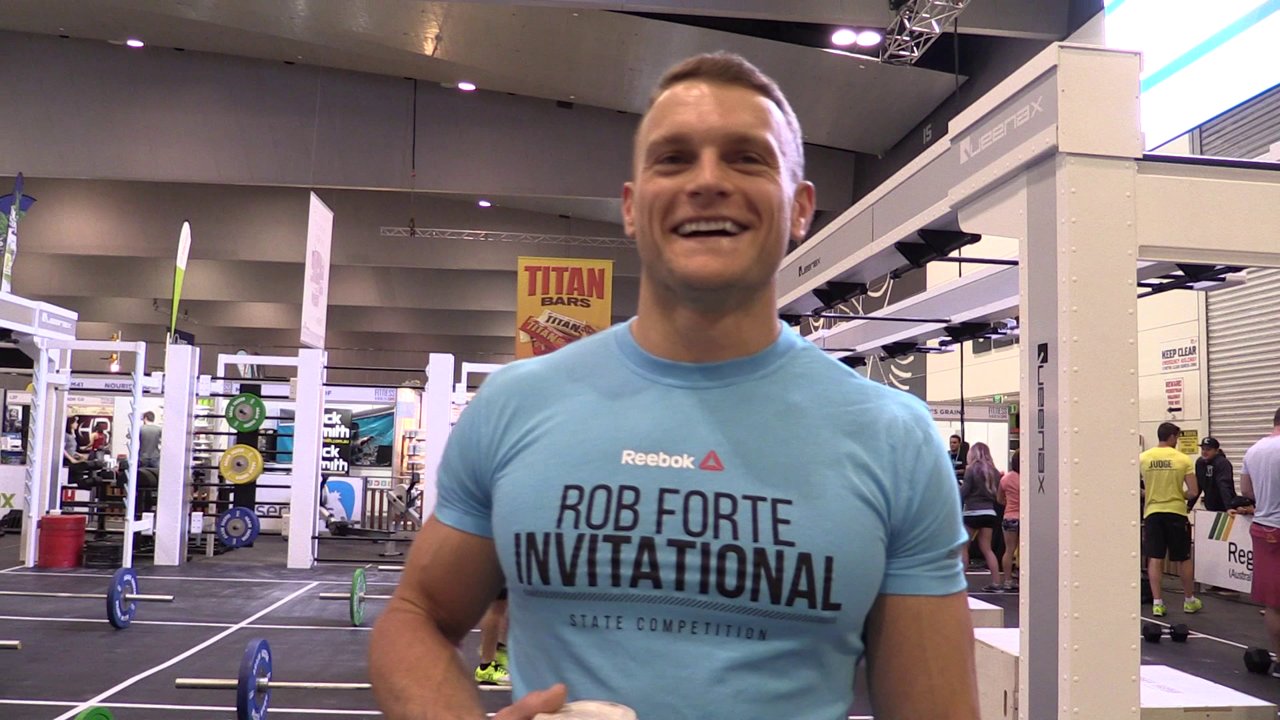
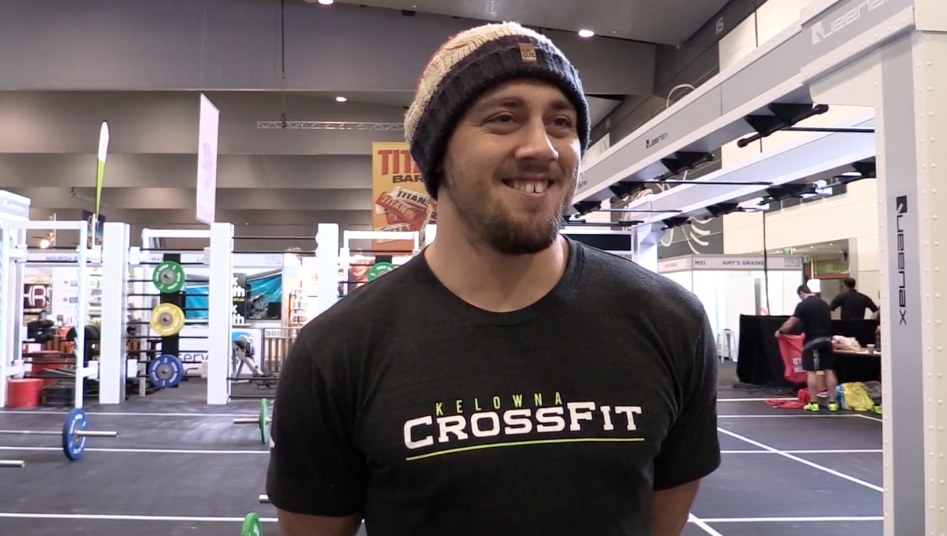
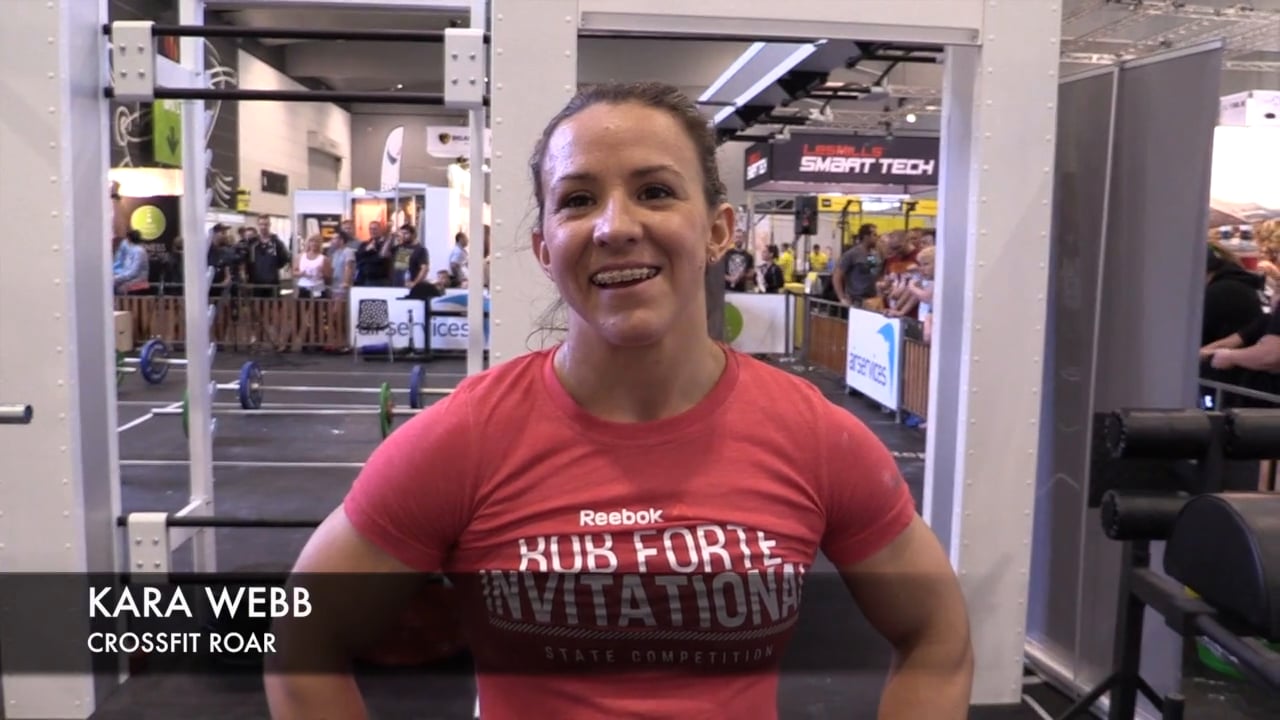
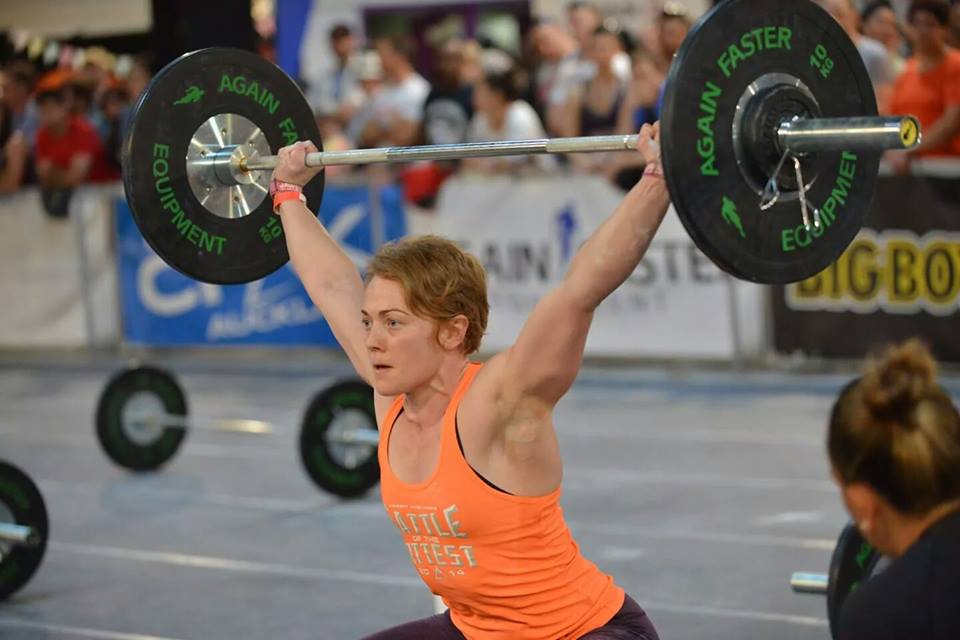
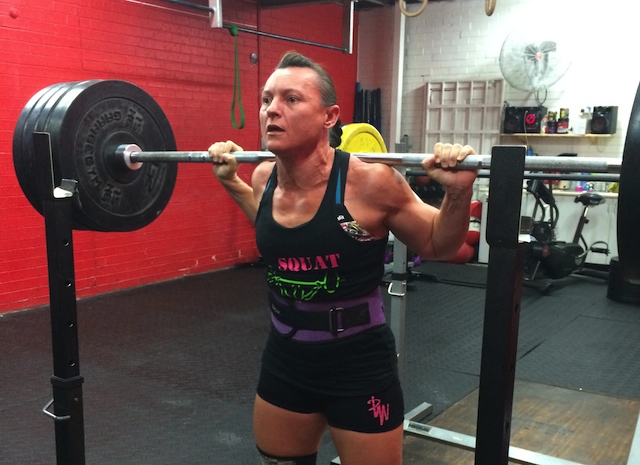
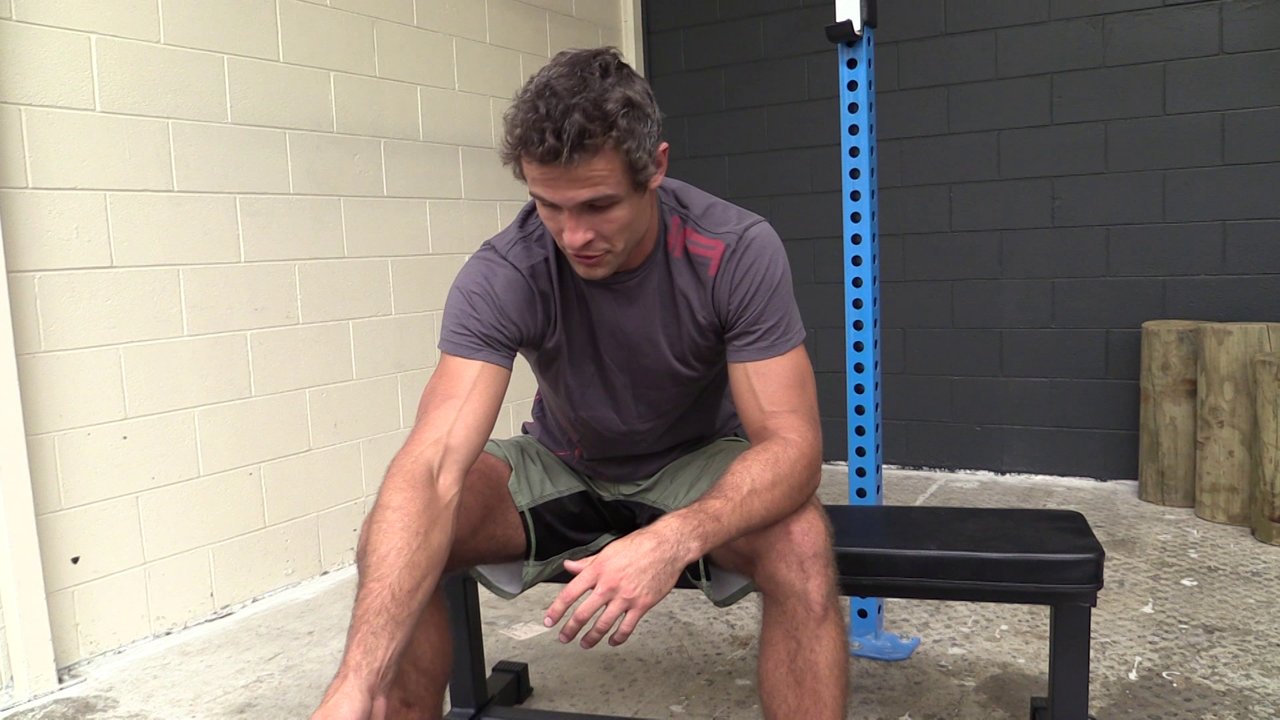
Follow Us